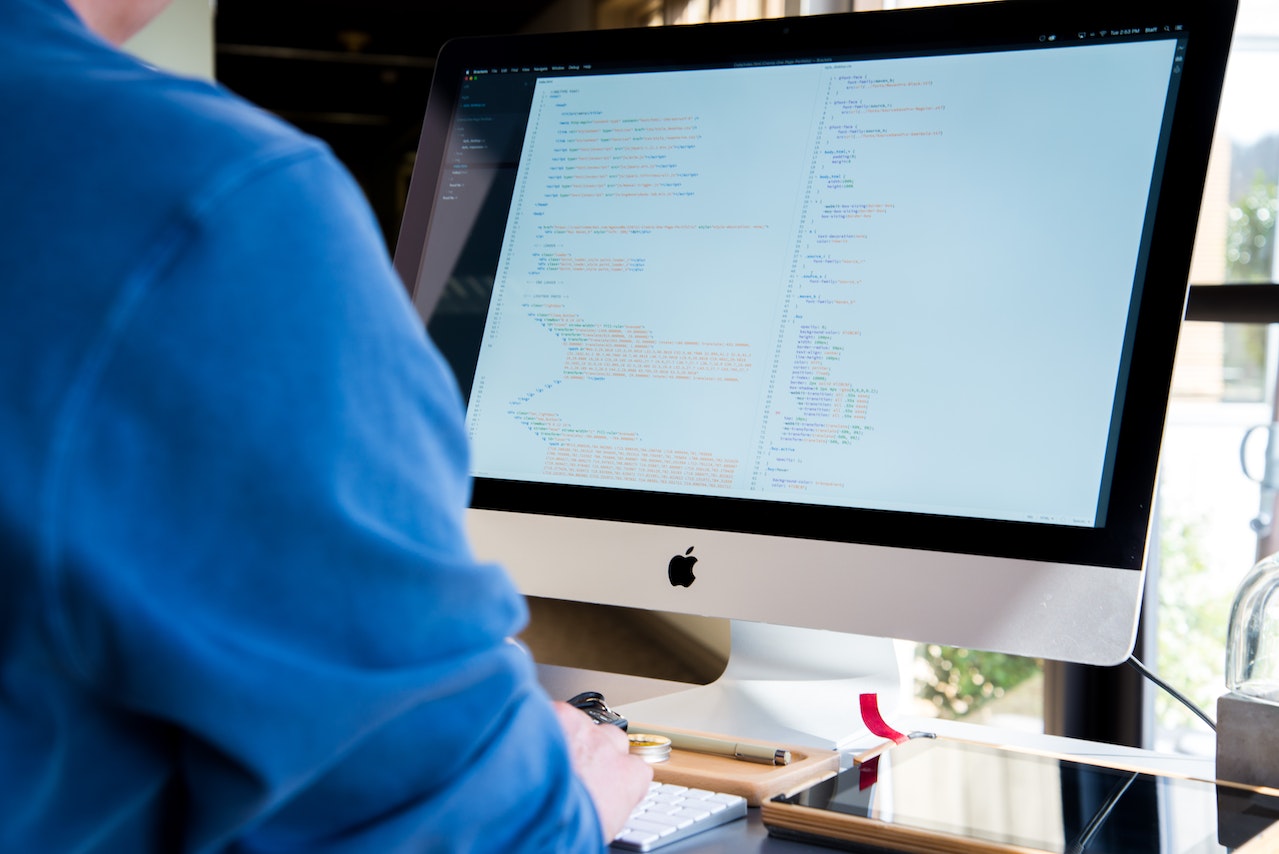Technology continues to revolutionize the healthcare industry, and one area where its impact is particularly pronounced is medical coding and billing. Medical coding plays a vital role in the healthcare ecosystem by translating medical diagnoses, procedures, and services into standardized codes for documentation, reimbursement, and data analysis. As technology advances, it significantly impacts the process of medical coding certification, bringing about both challenges and opportunities. This article explores the impact of technology on medical coding certification and how professionals in this field can adapt to the evolving landscape.
Automation and Artificial Intelligence:
Advancements in automation and artificial intelligence (AI) are transforming medical coding processes. Intelligent coding systems powered by AI algorithms can review medical documentation, extract relevant information, and assign appropriate codes with remarkable accuracy. This automation reduces the burden on human coders, increases coding efficiency, and minimizes the risk of errors. Consequently, it influences the expectations and skill sets required for medical coding certification.
- Evolving Skill Requirements: As technology automates routine coding tasks, medical coders are expected to develop additional competencies to work alongside intelligent coding systems effectively. Certification programs need to incorporate training on working with AI-based coding tools, understanding their limitations, and ensuring accurate code validation and oversight.
- Focus on Analytical Skills: With automation handling routine coding tasks, medical coders are encouraged to develop advanced analytical skills. Analyzing complex cases, conducting audits, and ensuring compliance with coding guidelines become crucial areas of expertise. Certification programs should emphasize the development of critical thinking, problem-solving, and data analysis skills to meet the changing demands of the field.
Electronic Health Records (EHR) and Coding Integration:
The widespread adoption of electronic health records (EHR) has significantly impacted the coding process. EHR systems centralize patient information, including diagnoses, procedures, and treatments, facilitating more efficient coding and billing. This integration presents new challenges and opportunities for medical coding certification.
- Enhanced Documentation Skills: With EHRs capturing a vast amount of patient data, medical coders must possess strong documentation skills to extract and interpret the relevant information accurately. Certification programs should emphasize the importance of comprehensive documentation, as incomplete or inaccurate entries can lead to coding errors, denied claims, and potential legal issues.
- Interdisciplinary Collaboration: EHR integration necessitates effective collaboration between medical coders, healthcare providers, and IT professionals. Certification programs should encourage interdisciplinary training, fostering communication and understanding between these stakeholders. This collaboration ensures accurate coding, proper documentation, and alignment with regulatory requirements.
Data Analytics and Coding Audits:
Technology-driven data analytics tools are transforming the field of medical coding audits. These tools can quickly analyze vast amounts of coded data, identify patterns, detect anomalies, and assess coding accuracy. This shift toward data-driven auditing practices affects the certification landscape.
- Advanced Auditing Techniques: Medical coding certification programs should incorporate training on utilizing data analytics tools for auditing purposes. Coders should understand how to analyze coding patterns, identify potential coding errors, and perform targeted audits to ensure compliance and accuracy.
- Continuous Learning and Adaptation: Technology’s impact on medical coding certification necessitates a mindset of continuous learning and adaptation. Professionals should stay updated with industry advancements, attend relevant workshops and conferences, and actively engage in professional development activities to enhance their skill set and maintain certification requirements.
Conclusion:
Technology’s rapid advancement has a profound impact on medical coding certification. Automation and AI redefine coding processes, requiring coders to acquire additional analytical and problem-solving skills. Integration with EHRs necessitates comprehensive documentation and interdisciplinary collaboration. Data analytics tools transform auditing practices, demanding proficiency in advanced auditing techniques. Medical coding professionals must adapt to these changes, engage in continuous learning, and seek opportunities to develop the competencies required in the evolving landscape. By embracing technology and evolving their skill sets, certified medical coders can navigate these changes successfully, ensuring accurate coding, efficient billing, and quality healthcare data management.





